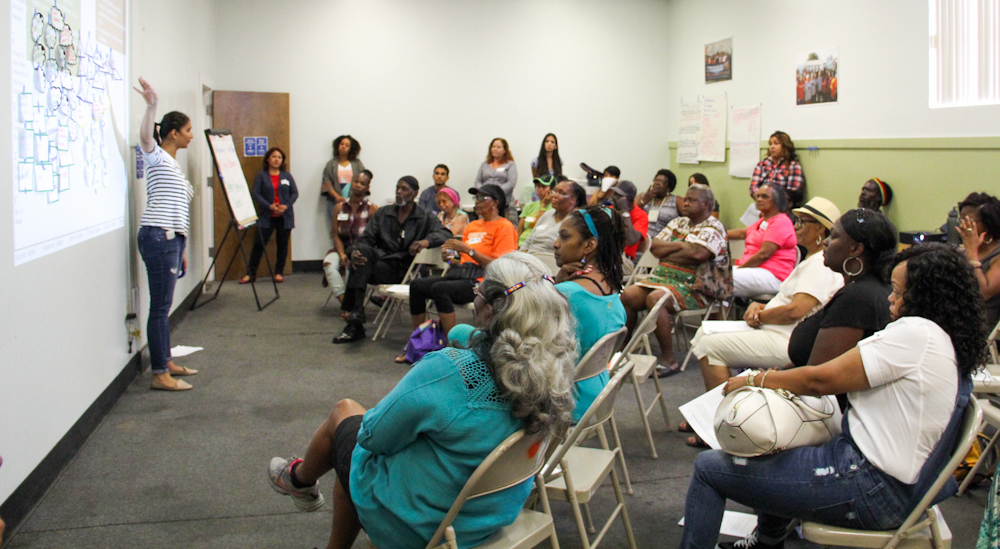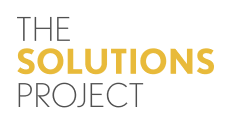
For nearly 25 years, SCOPE has initiated and implemented workforce development pathways that link low-income and working class communities of color to targeted growth sectors that provide family-supporting wages, benefits, and career pathways to the middle class. Some of our victories include Workplace Hollywood, the Los Angeles City Jobs Program, the Healthcare Careers Ladder Training Program, the Municipal Green Retrofit Program, and the Utility Pre-Craft Trainee Program. Our job pathway models include paid training and supportive services, job placement and advancement opportunities, targeted local hire and living wage standards.










